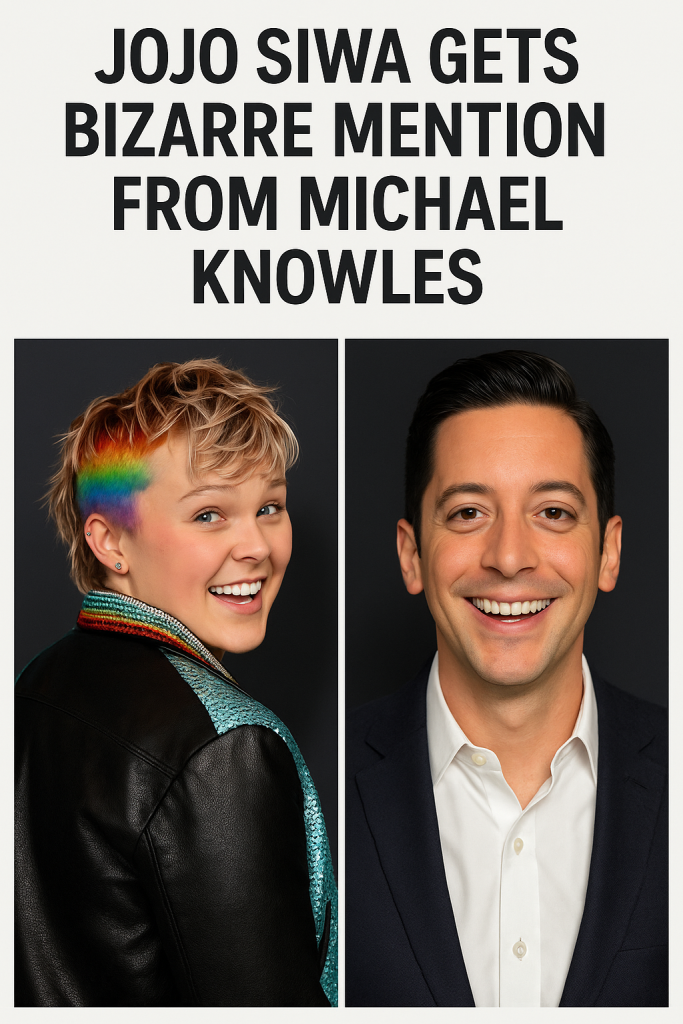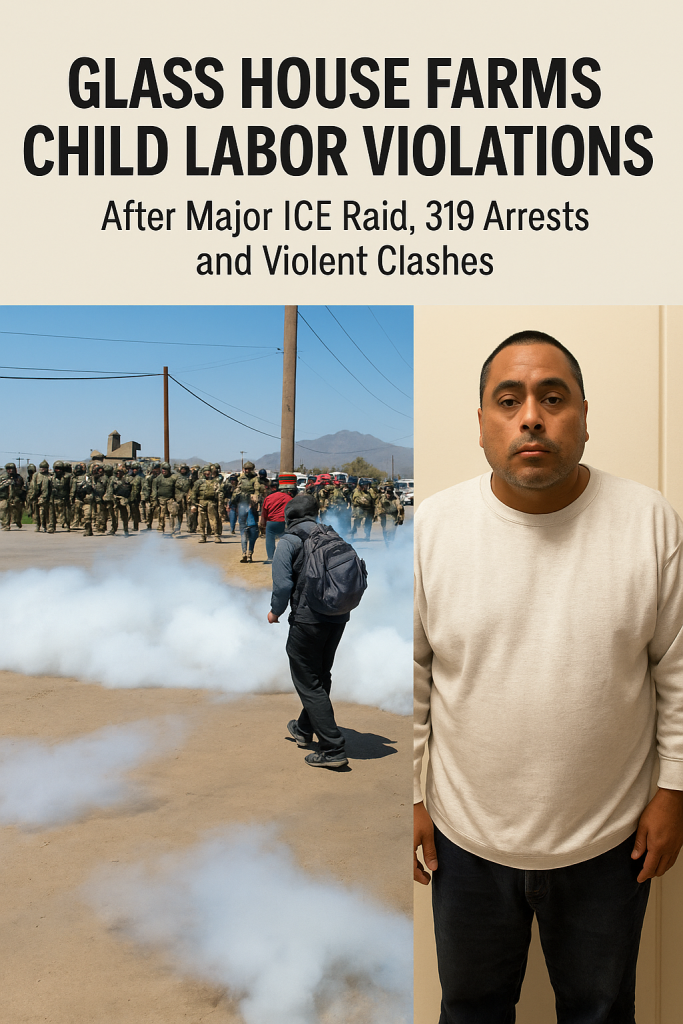In a surprising and somewhat perplexing moment at the recent Turning Point USA summit, conservative commentator Michael Knowles unexpectedly referenced pop singer and YouTube personality JoJo Siwa, sparking widespread social media buzz and debate. Known primarily for his political commentary, Knowles’ bizarre mention of the youthful entertainer stood out amid a lineup focused on cultural and political topics.
The Turning Point USA summit, held in 2024, is a prominent event where conservative voices gather to discuss pressing social issues, activism, and youth engagement in politics. Knowles, a frequent speaker at such events, typically addresses topics from a conservative viewpoint, often critiquing aspects of modern culture. However, his invocation of JoJo Siwa, famous for her rainbow-themed outfits and TikTok presence, caught many off guard.
During his speech, Knowles lightly referenced Siwa as part of a broader commentary on contemporary pop culture. While the exact wording of the mention varied slightly in online retellings, he appeared to use her as an emblematic figure in a critique of youth culture and perceived societal shifts. Observers note that the mention seemed slightly out of context and left many wondering about the motive behind singling out the entertainer.
JoJo Siwa, whose real name is Joelle Joanie Siwa, rose to fame as a vibrant performer appealing largely to children and teens with her energetic dance routines, positive messages, and colorful persona. Over recent years, Siwa has become a prominent advocate for LGBTQ+ rights and has openly shared her own coming-out story, which has positioned her as a significant pop culture figure for young audiences who admire her authenticity and inclusivity.
The intersection of Knowles’ conservative commentary with Siwa’s advocacy and youthful image has ignited conversations online. Some interpretations suggest Knowles’ mention was a deliberate attempt to challenge or critique trends he associates with the current cultural and political landscape, while others view it as an odd non sequitur that simply disrupted the flow of his usual rhetoric.
Social media users quickly picked up on the unusual reference, generating memes, discussions, and both praise and criticism aimed at Knowles. Supporters of Knowles applauded the moment as part of a broader conversation on media influence, while many fans of Siwa expressed confusion and disappointment at what they saw as an unwarranted attack on a young entertainer promoting positivity and acceptance.
This episode highlights the ongoing tension between political commentary and popular culture figures in today’s polarized environment. Celebrities like JoJo Siwa often become lightning rods for these debates, their public personas scrutinized not only for their entertainment value but also for their cultural and political symbolism.
As the Turning Point USA summit continues to shape conservative youth discourse, moments like this underscore how pop culture references can resonate far beyond their immediate context. Whether Knowles’ JoJo Siwa mention was strategic, spontaneous, or simply intended as a rhetorical flourish, it has undeniably drawn attention to the complicated relationship between culture, politics, and generational differences.
Looking ahead, it remains to be seen if such references will become a recurring feature in political speeches or serve as standalone moments that invite reflection on the role of media figures in public debates.



